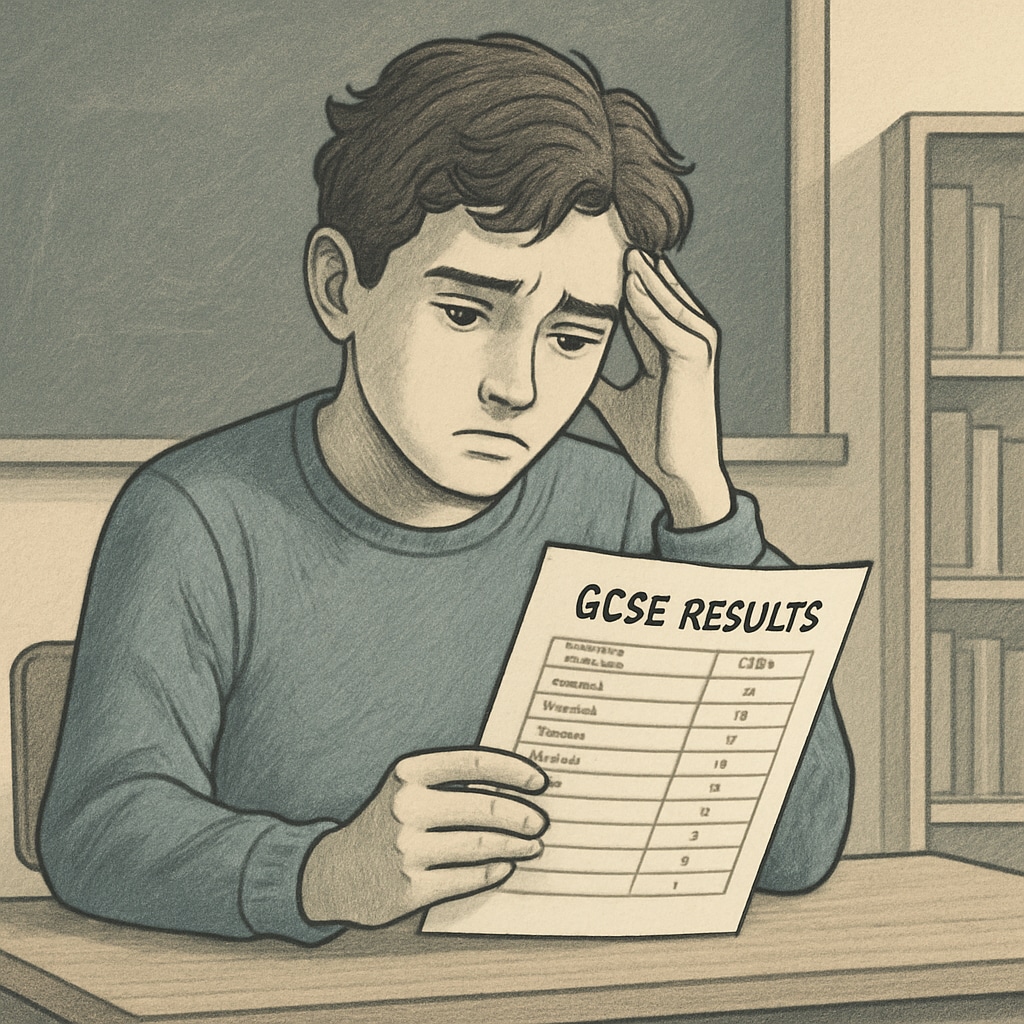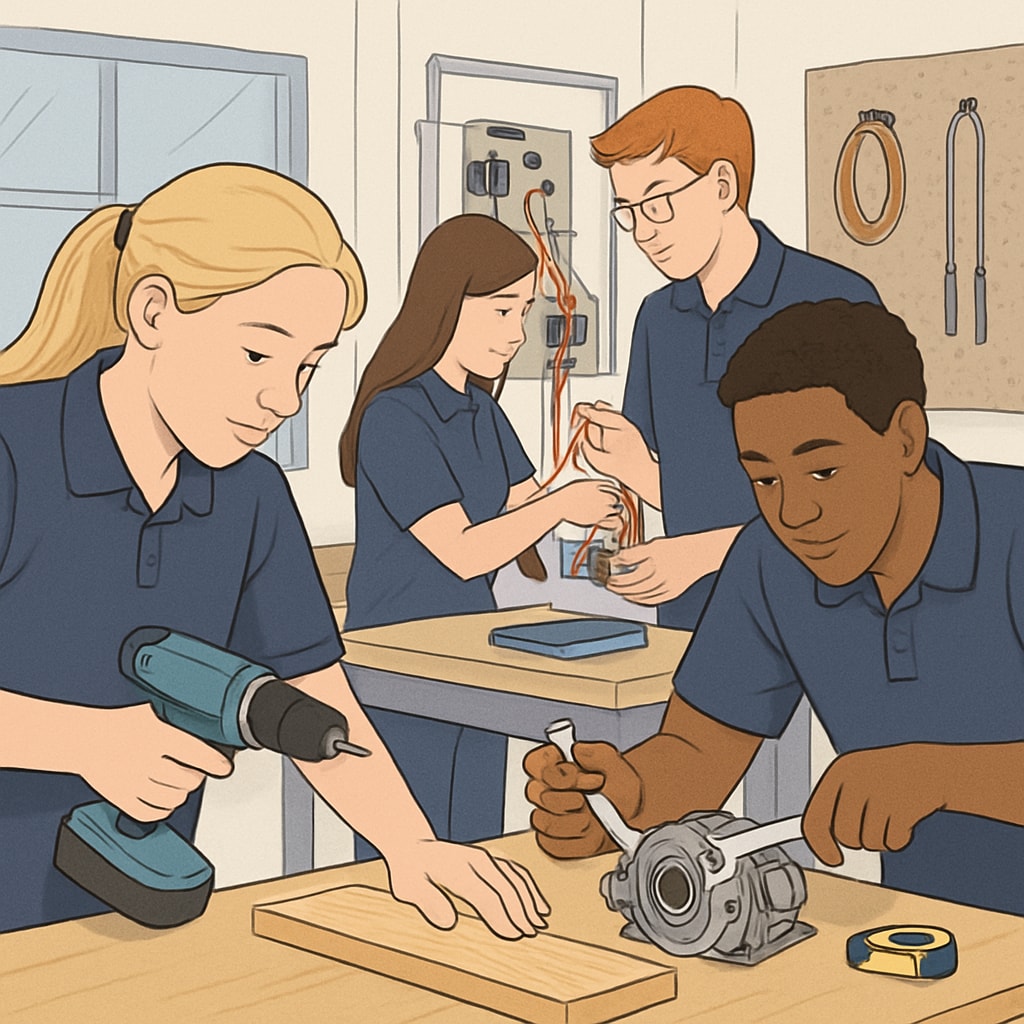For many students in the UK, receiving GCSE results can be a pivotal moment, often accompanied by a mix of emotions ranging from excitement to disappointment. When grades fall below expectations, it can lead to academic concerns and self-doubt, causing students to question their abilities and future prospects. This article explores the impact of disappointing GCSE results, the societal pressures surrounding academic achievements, and the importance of embracing alternative paths to redefine success.
The Psychological Impact of GCSE Results
Failing to meet expectations in GCSE exams can trigger a host of emotional responses, including frustration, embarrassment, and anxiety. These emotions are exacerbated by societal and familial pressures that place heavy emphasis on academic success as a measure of worth. For example, students may feel trapped in a cycle of self-doubt, believing their future opportunities are now limited. This mindset can negatively impact their motivation and overall mental health.
Research has shown that adolescents are particularly vulnerable to feelings of inadequacy when their academic performance is criticized or compared with peers. Such comparisons often reinforce the idea that grades are the sole determinant of intelligence and capability, neglecting individual talents and interests.

Beyond Grades: Exploring Alternative Paths
While GCSE results are important for certain career paths, they are not the only measure of success. Many successful individuals have achieved greatness through alternative routes, focusing on vocational training, apprenticeships, or creative industries. For instance, students who excel in practical skills or artistic endeavors can find fulfilling careers that do not rely heavily on traditional academic benchmarks.
Alternative education pathways offer unique advantages:
- Vocational training: Programs tailored to specific industries provide hands-on experience and direct access to employment opportunities.
- Apprenticeships: Combining work and study, apprenticeships allow students to earn while they learn, gaining valuable professional skills.
- Creative and entrepreneurial pursuits: Innovation and creativity often thrive outside the confines of traditional academia, enabling students to build businesses or pursue artistic careers.

Redefining Success in a Changing World
In today’s rapidly evolving job market, skills such as adaptability, creativity, and emotional intelligence are becoming increasingly valuable. Employers are now prioritizing candidates who demonstrate resilience and problem-solving abilities over academic qualifications alone. This shift underscores the importance of broadening the definition of success to include diverse talents and achievements.
Parents, educators, and society as a whole must encourage young people to explore their passions and strengths beyond traditional academic metrics. By fostering an environment that values individuality and growth, students can build confidence and resilience, ensuring their setbacks do not overshadow their potential.
Actionable Steps for Students and Parents
For students grappling with disappointing GCSE results, here are some practical steps to help rebuild confidence and plan for the future:
- Seek guidance: Speak with teachers or career advisors about alternative pathways and opportunities.
- Focus on strengths: Identify areas where you excel and explore careers or education options aligned with your interests.
- Develop life skills: Build resilience, communication, and problem-solving abilities to enhance employability.
- Consider resits: If certain subjects are crucial for your intended career, explore options for retaking exams.
Parents can support their children by emphasizing the importance of perseverance and helping them explore diverse opportunities. Encouraging open conversations about their feelings and aspirations can make a significant difference in rebuilding self-esteem.
In conclusion: GCSE results may feel like a defining moment, but they are not the sole determinant of future success. By embracing alternative education pathways and focusing on personal growth, students can overcome academic setbacks and find fulfilling careers that align with their passions.
For further reading on educational systems and alternative career opportunities, visit Education in England on Wikipedia or Apprenticeships on Britannica.


